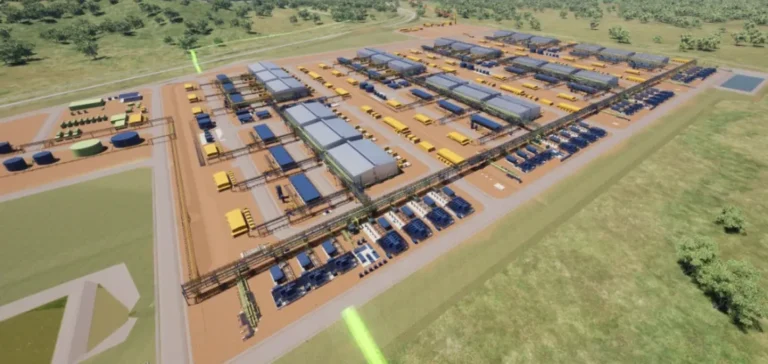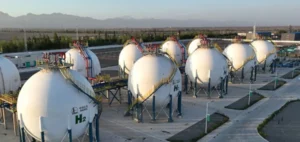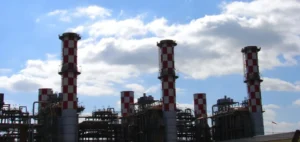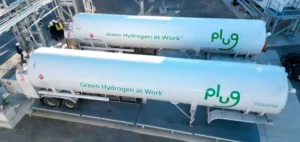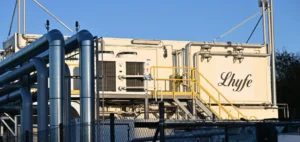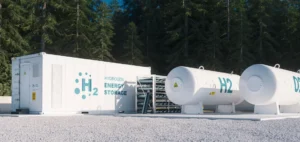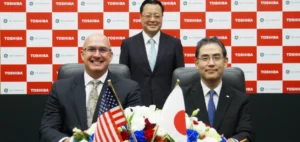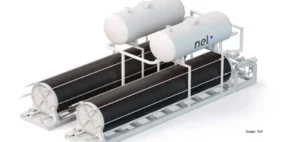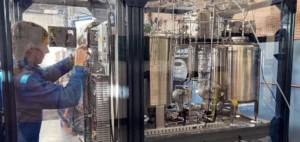Stanwell Corporation Limited has ended its involvement in the Central Queensland Hydrogen Project (CQ-H2), marking a significant milestone for the hydrogen sector in Australia. This decision also affects the cessation of all other hydrogen development activities undertaken by the company. The CQ-H2 project, initiated in the state of Queensland, aimed at large-scale renewable hydrogen production for export and domestic consumption.
An interrupted international partnership
The Central Queensland Hydrogen Project brought together several international and local partners around a common goal: to structure a complete value chain for renewable hydrogen, from production to distribution. According to Stanwell Corporation Limited, this collaboration provided essential technical and commercial knowledge for possible future large-scale hydrogen developments. The termination of the project comes as discussions were underway with several industrial and institutional players on the industrialisation and commercial viability of the sector.
Documents published by Stanwell Corporation Limited highlight the strategic nature of the CQ-H2 project, considered a showcase for the export of Australian hydrogen to Asian markets. The decision to withdraw comes in a context of shifting industrial priorities and a reassessment of the economic outlook for major green hydrogen projects.
Consequences for the hydrogen sector
Stanwell Corporation Limited’s abandonment of the project raises questions about the momentum of the renewable hydrogen market in Australia and the commitment of international investors. According to information published by Stanwell Corporation Limited on June 29, the company will continue to use the knowledge gained within the CQ-H2 Project Hydrogen Production Facility to support future industrial developments, without specifying a timetable or new strategic direction at this stage.
The Central Queensland Hydrogen Project continues to be described as an important step in the maturing of the renewable hydrogen sector, despite the discontinuation of this initiative. This decision comes as other major energy players are also reviewing their investment portfolios in the sector, based on market conditions and technological developments. According to Stanwell Corporation Limited, “the project provided key lessons for the commercial development of large-scale renewable hydrogen”.


